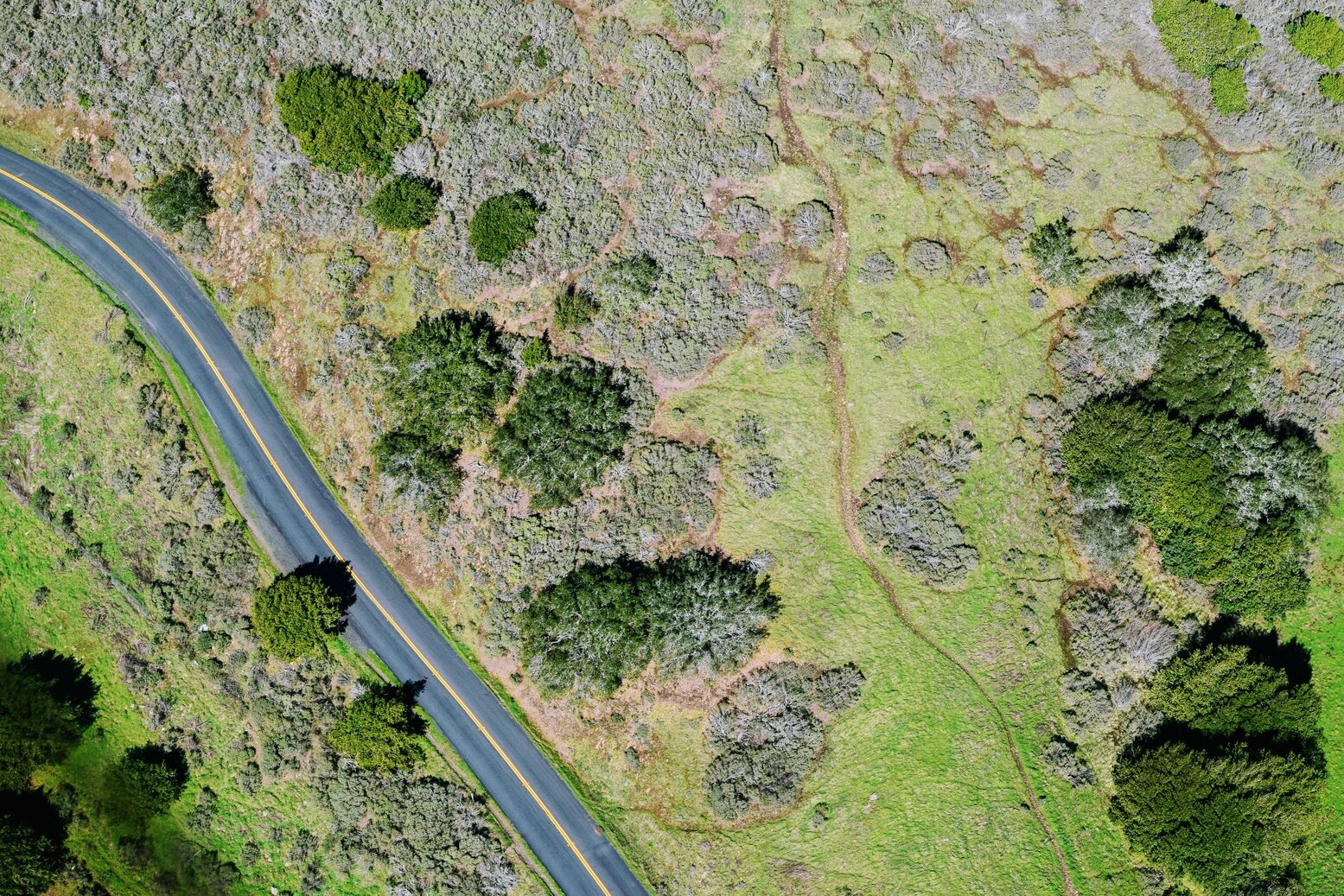AUTHOR: Mushota Zyambo. BSc. Agroforestry
Southern Africa boasts diverse landscapes, cultures, and economic activities. As this region continues to grow and evolve, logistics play a pivotal role in ensuring the efficient movement of goods and services. Geographic Information Systems (GIS) is a technology that offers a wealth of opportunities to optimize logistics and streamline supply chains across Southern Africa.
Understanding GIS
At its core, GIS is a powerful tool for collecting, storing, analyzing, and visualizing spatial data. By overlaying maps with layers of information, GIS provides invaluable insights into the geographical aspects of various operations. In the logistics sector, this means a deeper understanding of the physical environment in which goods are transported.
Mapping Routes and Resources
In a vast and varied region like Southern Africa, finding the most efficient transportation routes is crucial. GIS software allows logistics professionals to map out routes that consider factors like distance, road conditions, elevation changes, and even weather patterns. This information is invaluable for route optimization, reducing fuel consumption, and minimizing wear and tear on vehicles.
Real-time Tracking and Monitoring
One of the most significant advantages of GIS in logistics is real-time tracking. By equipping vehicles with GPS and other sensors, logistics companies can monitor their fleet’s location, speed, and condition. This not only enhances security but also allows for dynamic route adjustments based on traffic conditions and unforeseen obstacles.
The Future of Logistics in Southern Africa
The logistics sector in Southern Africa is on an upward trajectory, driven by economic growth and globalization. GIS technology is poised to play a pivotal role in this journey, offering a sophisticated toolset for optimizing logistics operations.
As the region continues to evolve, the integration of GIS into logistics will lead to more efficient and sustainable supply chains. Whether it’s delivering vital goods to remote communities or streamlining international trade, GIS is set to be a driving force behind Southern Africa’s logistics revolution.




